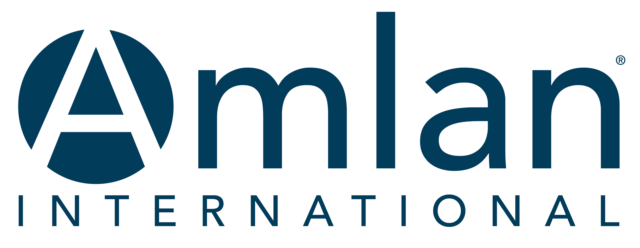“Changes in the 2012 Farm Bill appear both likely and may be significant, if not radical,” says Jon Scholl, President of American Farmland Trust (AFT). “Our country’s economic situation will be the most significant driver and agent of change in the 2012 Farm Bill.” The Wall Street Journal reports that Standard & Poor’s has just lowered its outlook on the government’s debt level to negative, the first time for such a rating. The article also notes the federal government is just weeks shy of hitting its $14.2 trillion debt ceiling authorized by Congress.
“This news is a significant warning bell,” says Scholl. “It makes clear that our country must address the national debt level—with no options left off the table. Indeed, politicians like Senator Chuck Grassley (R-IA) and farmer leaders like National Corn Growers Association committee chairman Tony Bush have already made the connection that agriculture will have to take its fair share of cuts.”
In recent days these farm leaders have noted, for example, that the direct payments program first authorized in the 1996 Farm Bill as a temporary measure is likely to be cut.
“The direct payments program—in which farmers receive payments without regard to need—has long been a staple in farm policy appears likely to change,” Scholl says. “Numerous producers across the country have told AFT that they would welcome change in farm programs, and I believe the 2012 Farm Bill represents an opportunity to create a better safety net.”
“A safety net for 21st-century American agriculture must be more publicly accountable, more market oriented, and it must focus on risk management,” says Scholl. He says that one measure of public accountability is to require producers to suffer an actual loss before they receive payments from the government. “Within Title I of the farm bill, only ONE program makes such a requirement—the Average Crop Revenue Election, or ACRE program first introduced in the 2008 Farm Bill.”
"The biggest problem we have on the farm is extreme economic volatility. Factors totally beyond our control can have a devastating impact on our ability to keep our farm in operation. It also makes it much more difficult for farmers and ranchers to invest in the long term practices necessary to protect the productivity of our land and the quality of our environment,” Scholl adds. “It is a legitimate role for government to provide an effective safety net that helps producers manage such risk to assure a productive agricultural system and a clean environment.”
“Moving away from pre-determined, fixed, immovable target prices such as those in the current counter-cyclical and marketing loan programs will bring market orientation to farm support programs,” Scholl says. “Most important, the real role of the government in the private business of agriculture must be to help producers manage risks that are beyond their control, not to manage every single risk a farmer faces. As an added benefit, making these changes creates a less distorting support system which will benefit producers, taxpayers, and the environment.”
“I believe the reality of the extenuating federal budget situation offers American agriculture an opportunity—to create a better safety net that will allow us to produce the food, fiber and fuel to feed ourselves and the world for decades to come, while we are also doing our fair share in addressing the budget,” says Scholl. PD
—From American Farmland Trust news release




